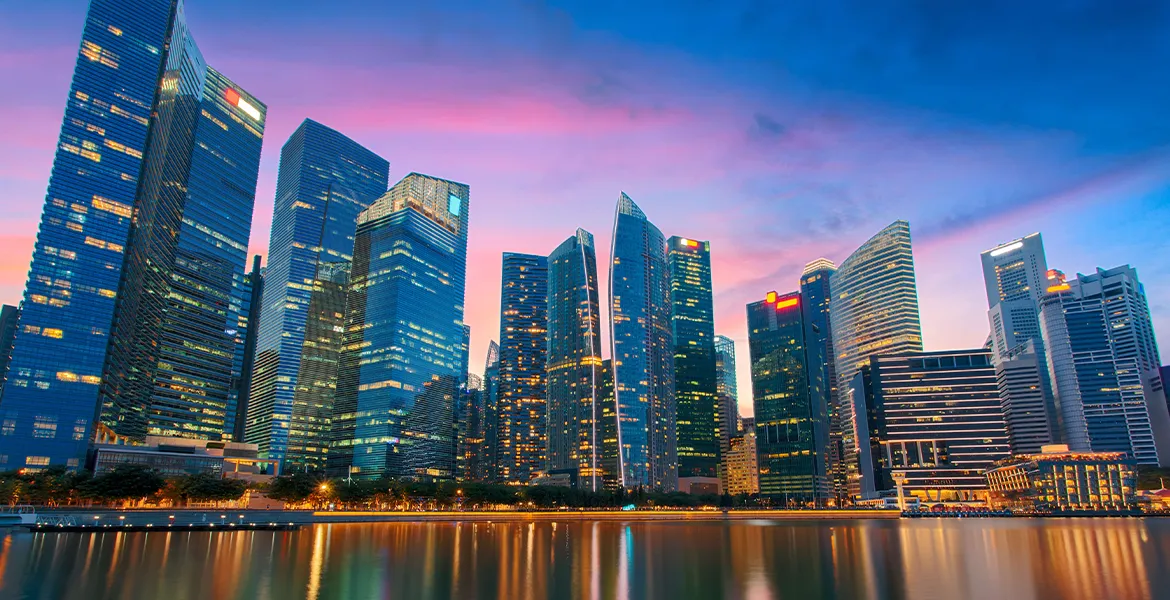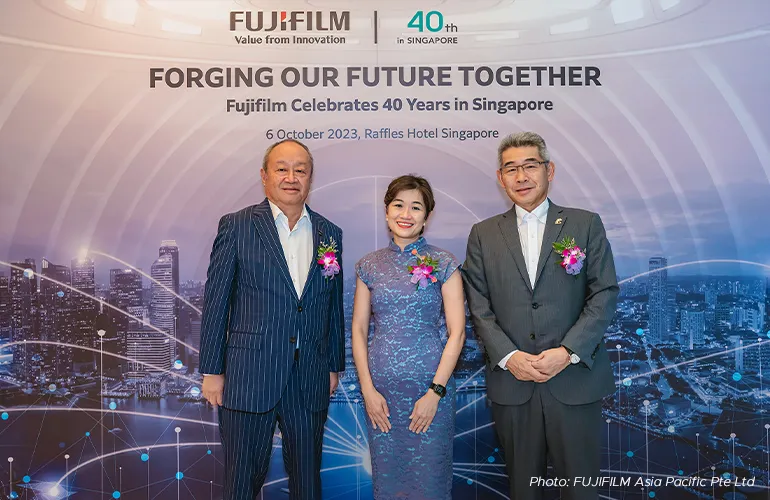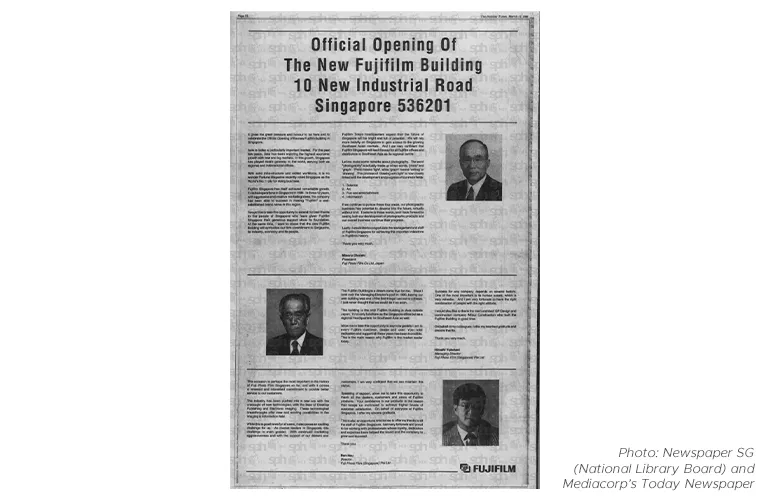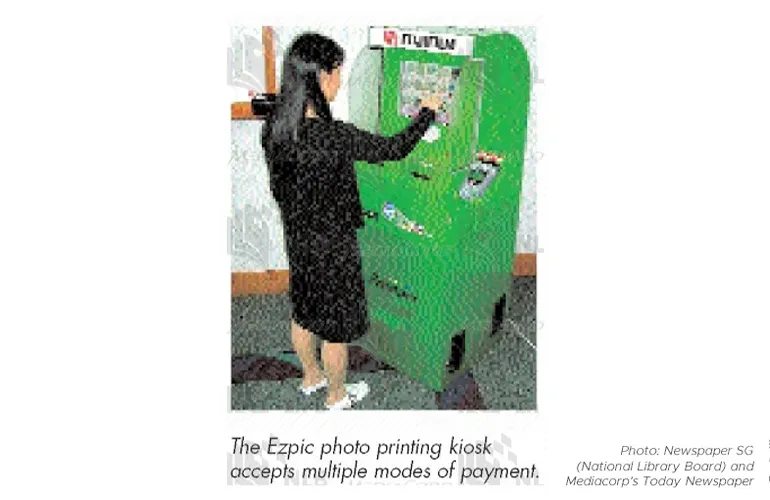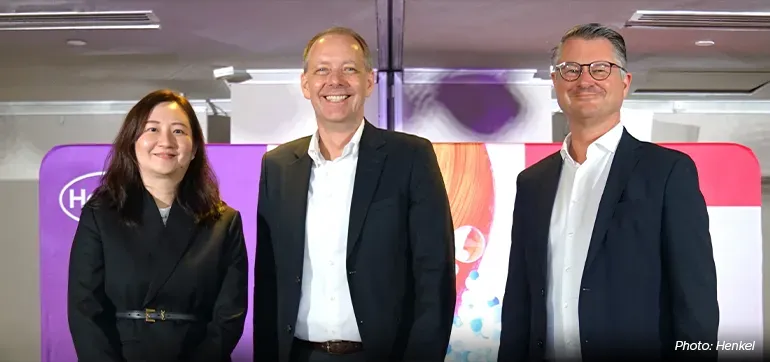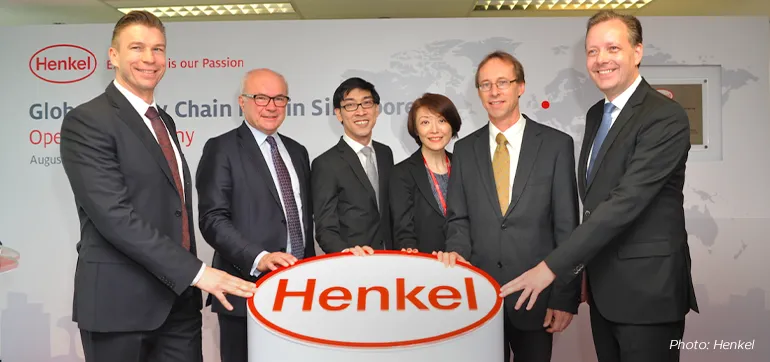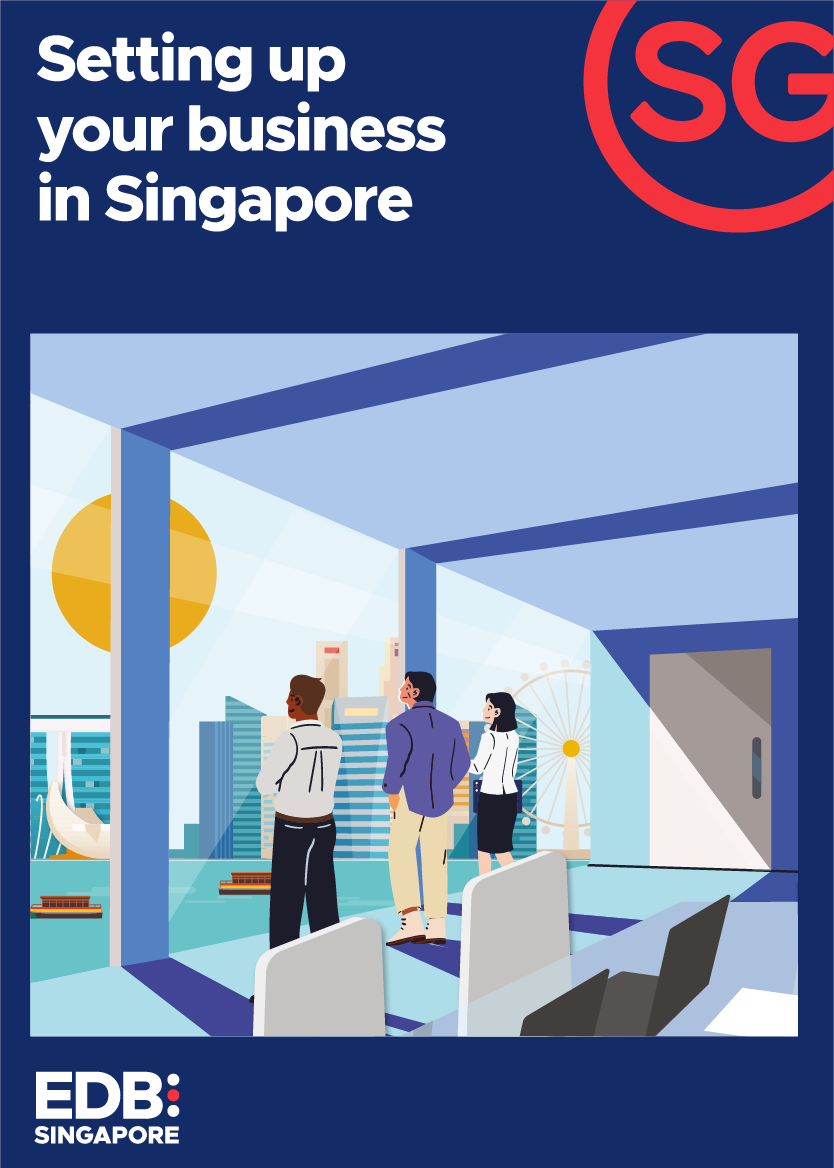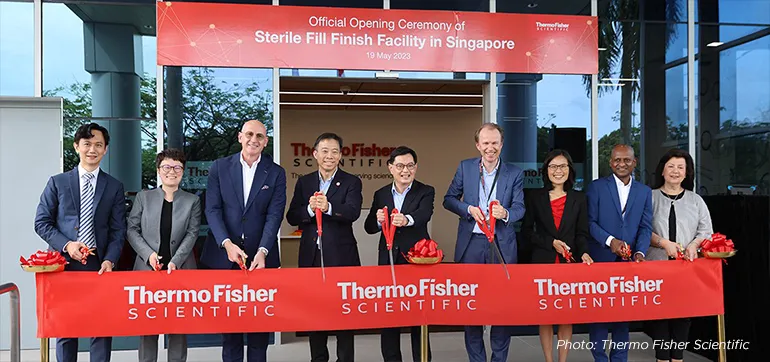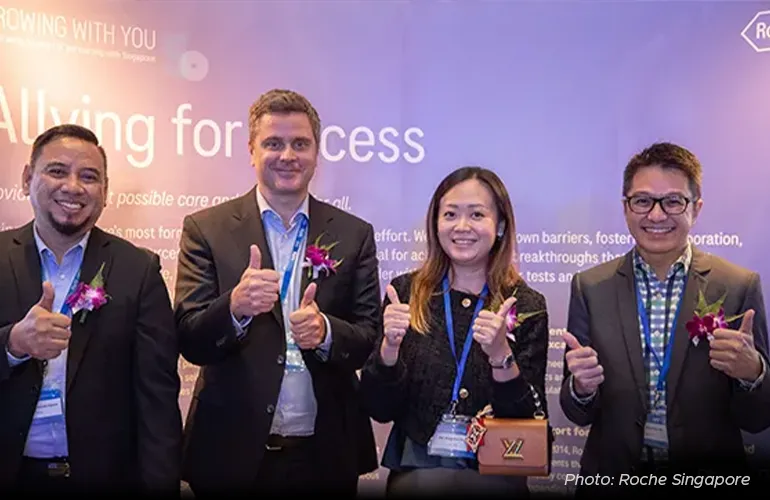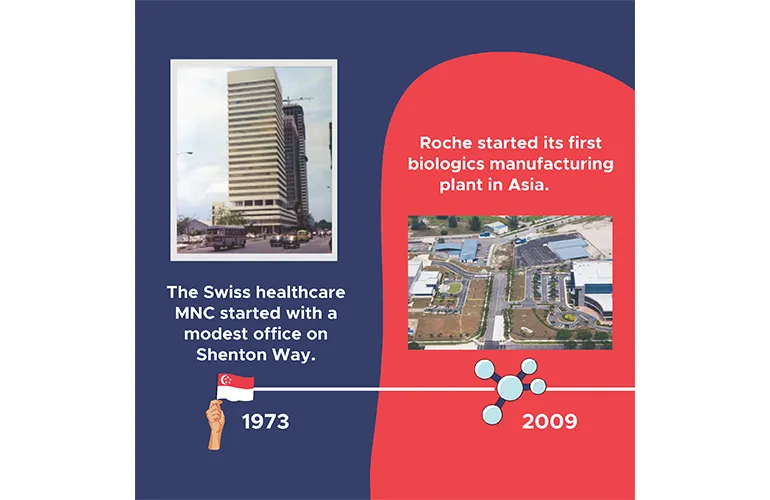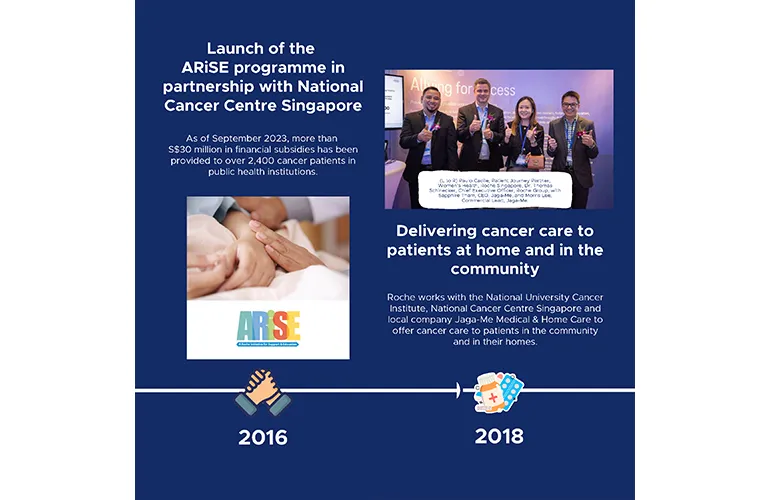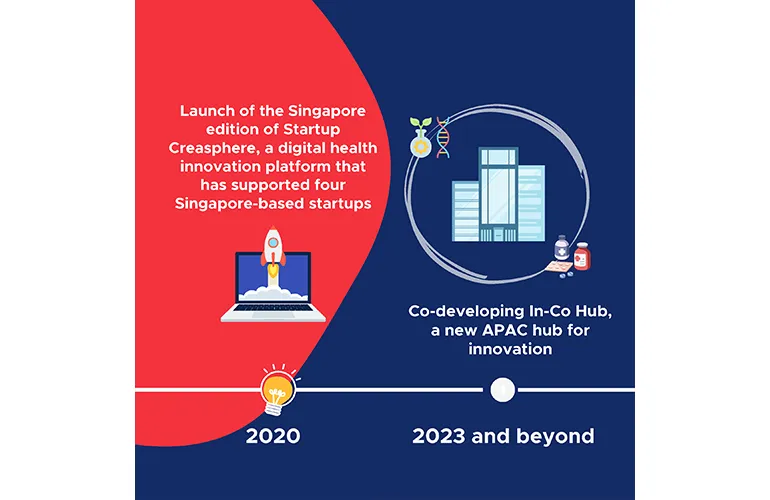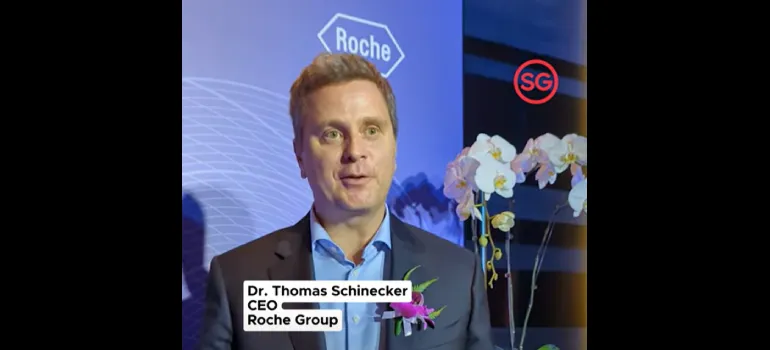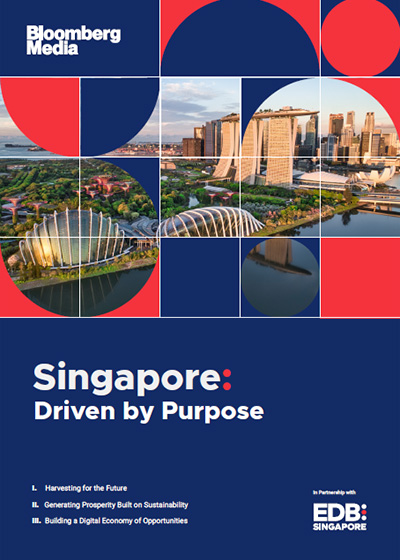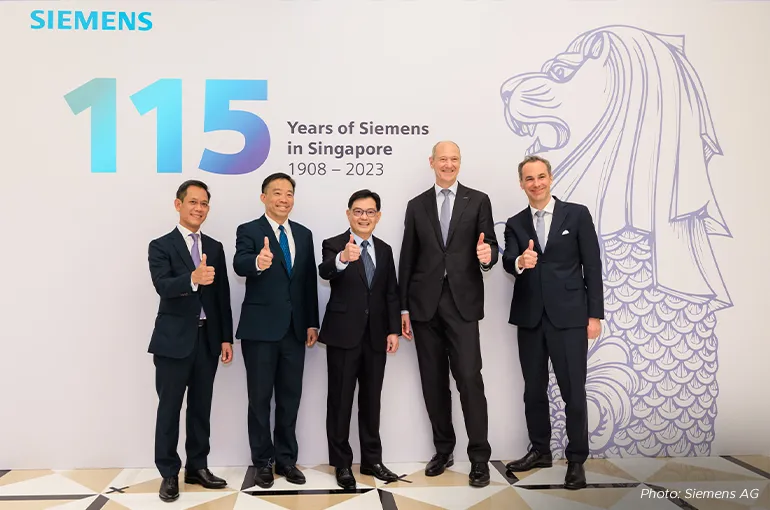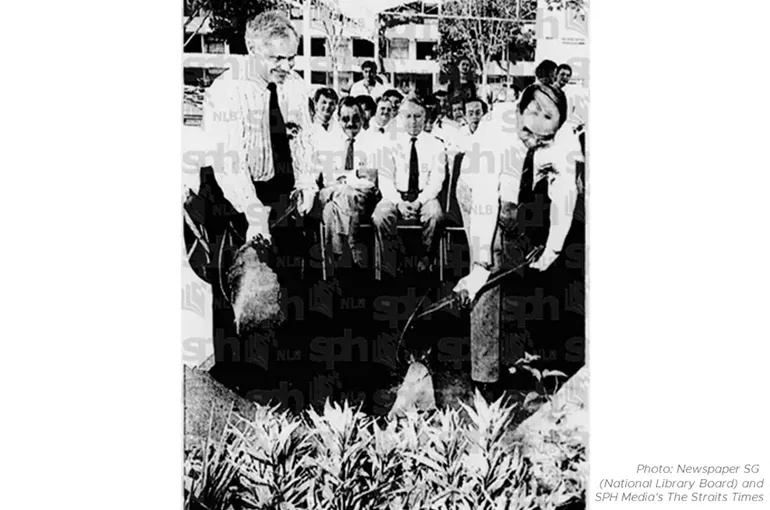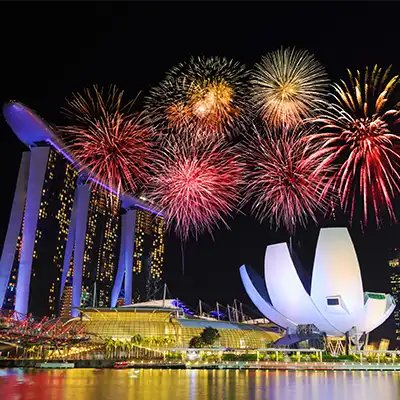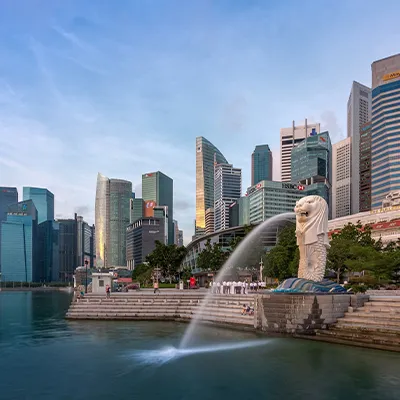ABOUT SIEMENS: German industrial company
IN SINGAPORE SINCE: 1908
THEIR STORY: This year, as it marked its 115th anniversary in Singapore, Siemens unveiled a €2 billion (S$2.91b) global investment strategy, with around €200 million (S$291.3m) going towards a new high-tech factory in Singapore. This new factory will enable the German conglomerate to serve growing demand from burgeoning Southeast Asian markets.
Singapore’s extensive network of foreign trade agreements with other countries makes it an ideal investment destination for Siemens as it continues to drive and expand its production network and research and design capabilities in Asia.
The facility will integrate Siemens' cutting-edge digital twin and intelligent hardware technologies and is expected to be able to support highly automated manufacturing processes. This expansion will create over 400 jobs and leverage Singapore's trusted hub status and strong advanced manufacturing capabilities.
Siemens was the first German industrial company to establish a presence in Singapore and today, its technology is embedded in many facets of Singapore’s economy and landscape, from our MRT system to NEWater plants — which produce Singapore’s purified reclaimed water — and the Republic’s smart grids.
As one of anchors of the Advanced Remanufacturing and Technology Centre (ARTC), Siemens also participates actively in R&D projects related to the management of Industry 4.0-ready production lines and integration of additive manufacturing workflows.
Through Singapore’s SkillsFuture Queen Bee programme, Siemens is also collaborating with training companies and partners to deliver courses in additive manufacturing, digital twinning, automation, and the Internet of Things (IoT).
Over the next three years, these training programmes are expected to enhance the skills of about 1,000 workers and co-develop 150 proof-of-concepts and pilot Industry 4.0 powered solutions.
